
At the Near East University Faculty of Dentistry, education is approached not only as a means of academic instruction but also as a holistic process that promotes personal growth, teamwork, and institutional belonging. Collegium Dentalis is a structured initiative developed to enhance student engagement through an innovative model that integrates academic performance tracking, extracurricular participation, and interclass collaboration.
All students are assigned to one of four collegiums—Auris, Nova, Orion, and Zenith—at the beginning of the academic year. Each collegium functions as a semi-autonomous group, creating a shared identity while encouraging both individual and team-based contributions.
Academic Scoring and Faculty Involvement
Academic performance within Collegium Dentalis is systematically evaluated through a centralized digital platform where faculty members record student scores on a continuous basis. This process is not limited to basic attendance or completion but captures the multifaceted nature of student engagement in both theoretical and practical learning environments.
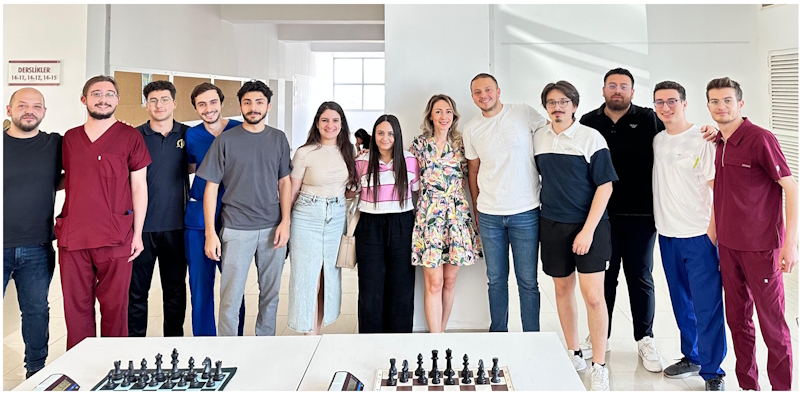
In theoretical courses, points are awarded not only for consistent attendance but also for meaningful in-class participation and performance in interactive activities conducted during lectures. Students who demonstrate strong analytical thinking, active contribution to discussions, or leadership in group-based learning tasks are recognized through additional scoring.
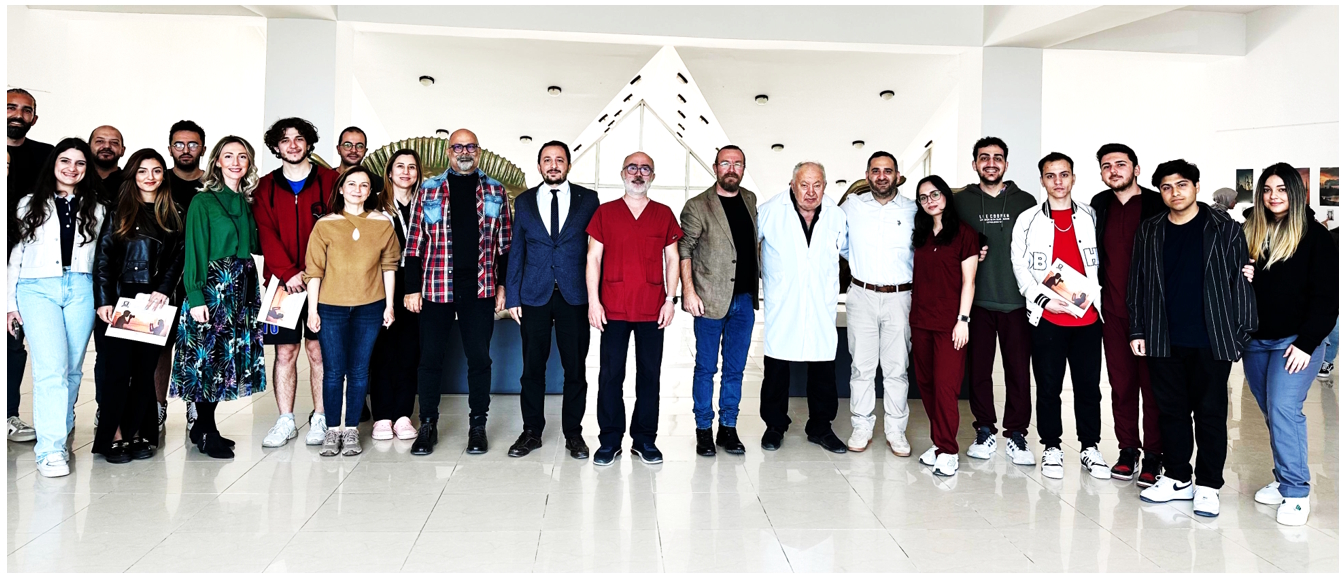
In practical settings, scoring reflects student performance in clinical simulations and laboratory assignments, with special recognition given to those who achieve the highest marks in structured assessments. The system also accounts for the quality and punctuality of clinical report submissions, ensuring that students are evaluated for both academic rigor and professional responsibility.
Moreover, students who excel in presentation-based assignments—such as case analyses, research projects, or peer education activities—are awarded supplementary points for content quality, communication skills, and critical engagement with the topic. Faculty members assess these outputs using predefined criteria to ensure fairness and consistency across all evaluators.
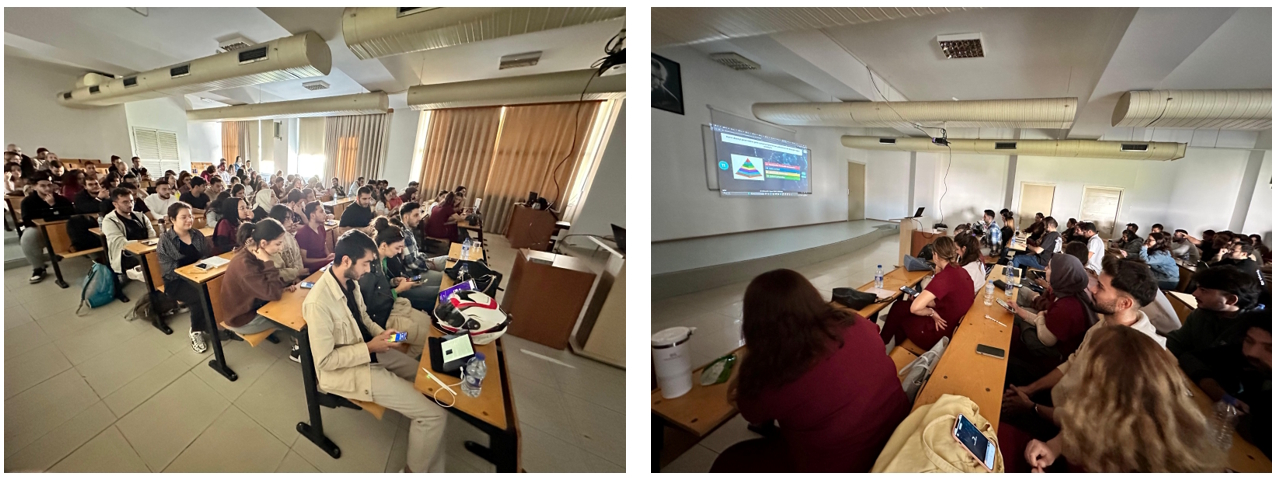
By aligning scores with diverse and transparent academic indicators, Collegium Dentalis creates a reliable and motivating structure for continuous performance monitoring, while also encouraging excellence and initiative in academic work.
Beyond the Classroom: A Multifaceted Framework for Student Participation
Collegium Dentalis actively promotes a well-rounded student experience through a diverse program of extracurricular events that reward creativity, collaboration, and intellectual curiosity. These activities are fully integrated into the scoring system and are carefully designed to reach students across all academic years and interests.
The Knowledge Quiz Competition provided an exciting platform for students to demonstrate both breadth and depth of knowledge. Covering a wide array of topics—including science, literature, sports, cinema, geography, art, and history—teams of four competed in a fast-paced, on-stage format. The event emphasized teamwork, strategy, and quick thinking, while also offering an engaging experience for the audience. Faculty and participants alike praised the quiz as a dynamic format that brought academic knowledge into a collaborative and socially rich setting.

In the Photography Contest, students explored visual expression under the theme “Sunset on Campus.” With 17 unique submissions capturing the atmosphere of the university at dusk, the contest celebrated individual creativity and invited participants to engage with campus life from an artistic perspective. The event was curated to encourage aesthetic awareness and cultural engagement within the student body.
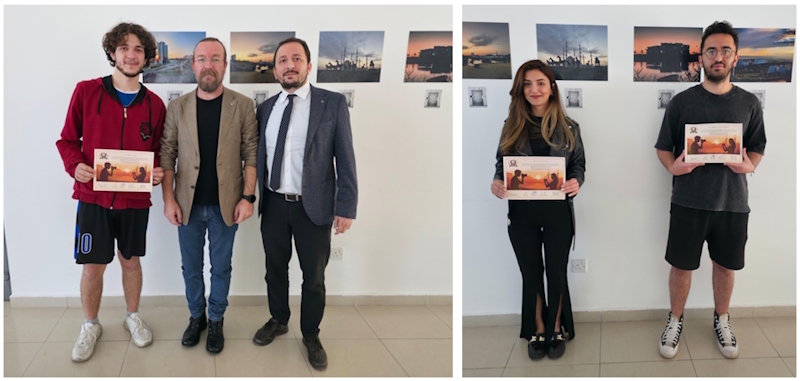
Another highlight was the SDG Presentation Challenge, where each collegium selected one United Nations Sustainable Development Goal and developed corresponding social responsibility projects. The projects were assessed using a rubric developed by the Faculty of Dentistry, evaluating seven key criteria: impact, SDG alignment, creativity, implementation, content quality, community involvement, and presentation skills. The initiative offered students a platform to apply academic knowledge to real-world contexts while enhancing their project planning, communication, and civic engagement skills. Jury members commended both the depth and feasibility of the proposals.
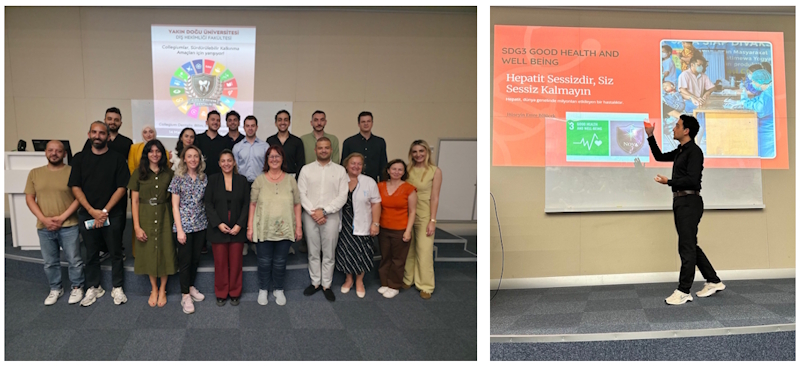
In the Chess Tournament, held throughout April and May, students engaged in a series of matches that combined intellectual discipline with collegial spirit. Participation was high, with students from different years forming a vibrant and respectful competitive community. The tournament was widely viewed as a valuable opportunity to strengthen logical reasoning and strategic thinking while fostering interpersonal connections across class cohorts.

The Puzzle Challenge offered yet another avenue for interdisciplinary collaboration. Supported by Magnolia Puzzle, the event featured a custom-designed 1,000-piece Collegium Dentalis puzzle. Collegiums competed to complete it in the shortest time possible, putting their communication, planning, and visual-spatial reasoning skills to the test. The event stood out for encouraging interaction among students from different years and promoting concentration and cooperative problem-solving in a relaxed yet competitive setting.
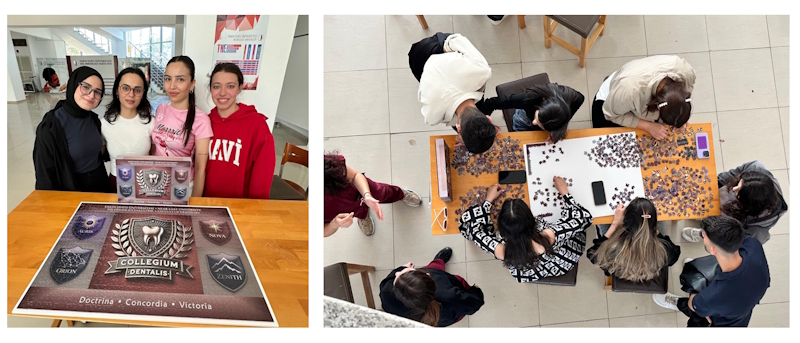
Athletic participation also plays a key role in Collegium Dentalis. Students competed in faculty-organized basketball, volleyball, and table tennis tournaments, where collegium teams demonstrated determination, strategic coordination, and sportsmanship. These in-house competitions offered a valuable outlet for stress relief and strengthened the sense of belonging within the faculty.
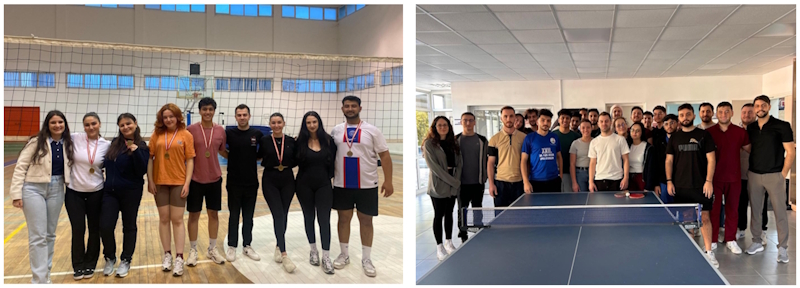
Beyond internal events, students also represented the Faculty of Dentistry in university-wide futsal, volleyball, and basketball tournaments, competing against other faculties. In these broader events, our student-athletes showcased not only physical skill and discipline but also collegial pride. The Faculty of Dentistry teams returned from each tournament with championship trophies, reflecting both competitive excellence and a strong collective spirit.
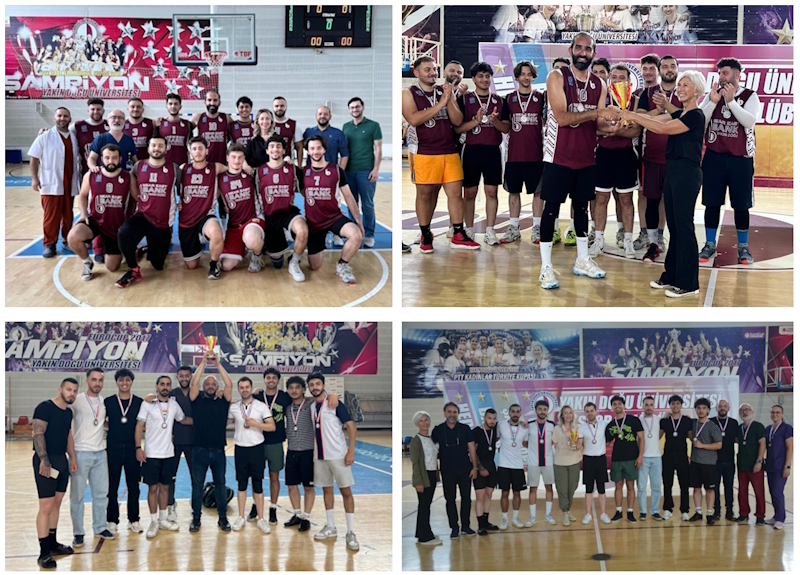
Together, these activities demonstrate the depth and diversity of Collegium Dentalis. Whether through academic inquiry, visual storytelling, athletic competition, or civic engagement, students are provided with structured opportunities to contribute meaningfully to their collegiums while developing essential professional and interpersonal competencies.
Scoring Transparency and Milestone Recognition
A scoreboard is published every two weeks, presenting both individual and collegium scores. This regular update cycle encourages ongoing participation and maintains motivation throughout the academic year.
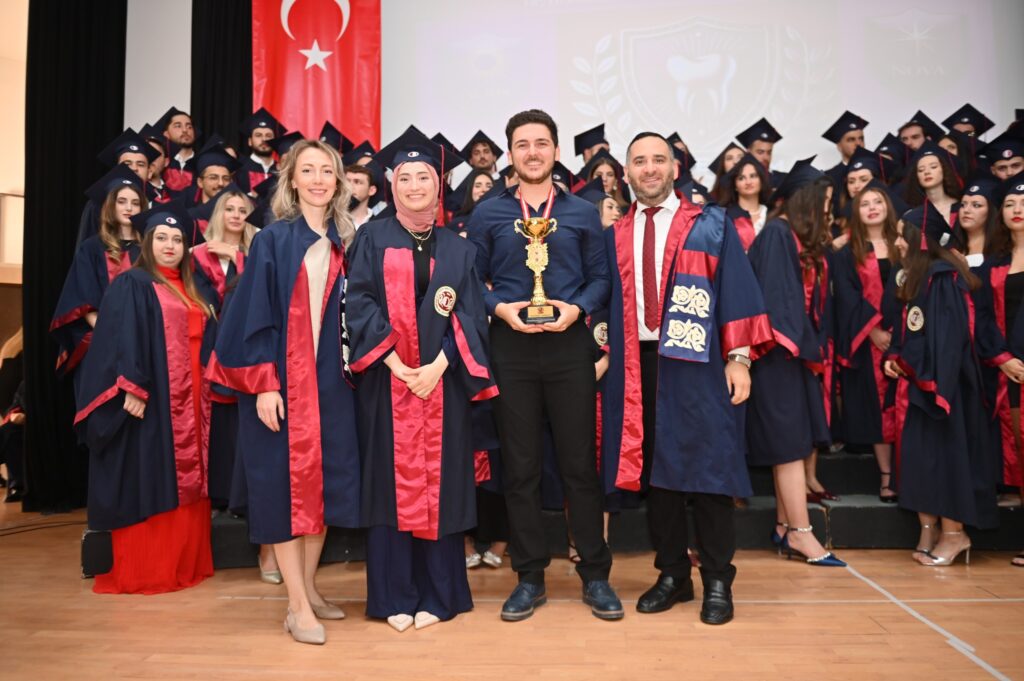
At the end of the term, a closing ceremony is held to honor outstanding performances. Awards are presented in the following categories:
- The Champion Collegium—the group with the highest cumulative score
- The Dux Collegii—the student with the highest individual point total across all collegiums
- The Top Contributors—the highest-scoring student from each collegium

These recognitions highlight not only academic performance but also contributions to sports, arts, and social responsibility.
Building a Stronger Educational Community
Collegium Dentalis has had a significant impact on communication between students across different academic years and programs. It also encourages more direct interaction between faculty and students through shared involvement in events, mentoring, and feedback.
By aligning academic expectations with active participation in community, cultural, and creative activities, this model enhances the overall learning environment and strengthens the sense of belonging within the faculty.